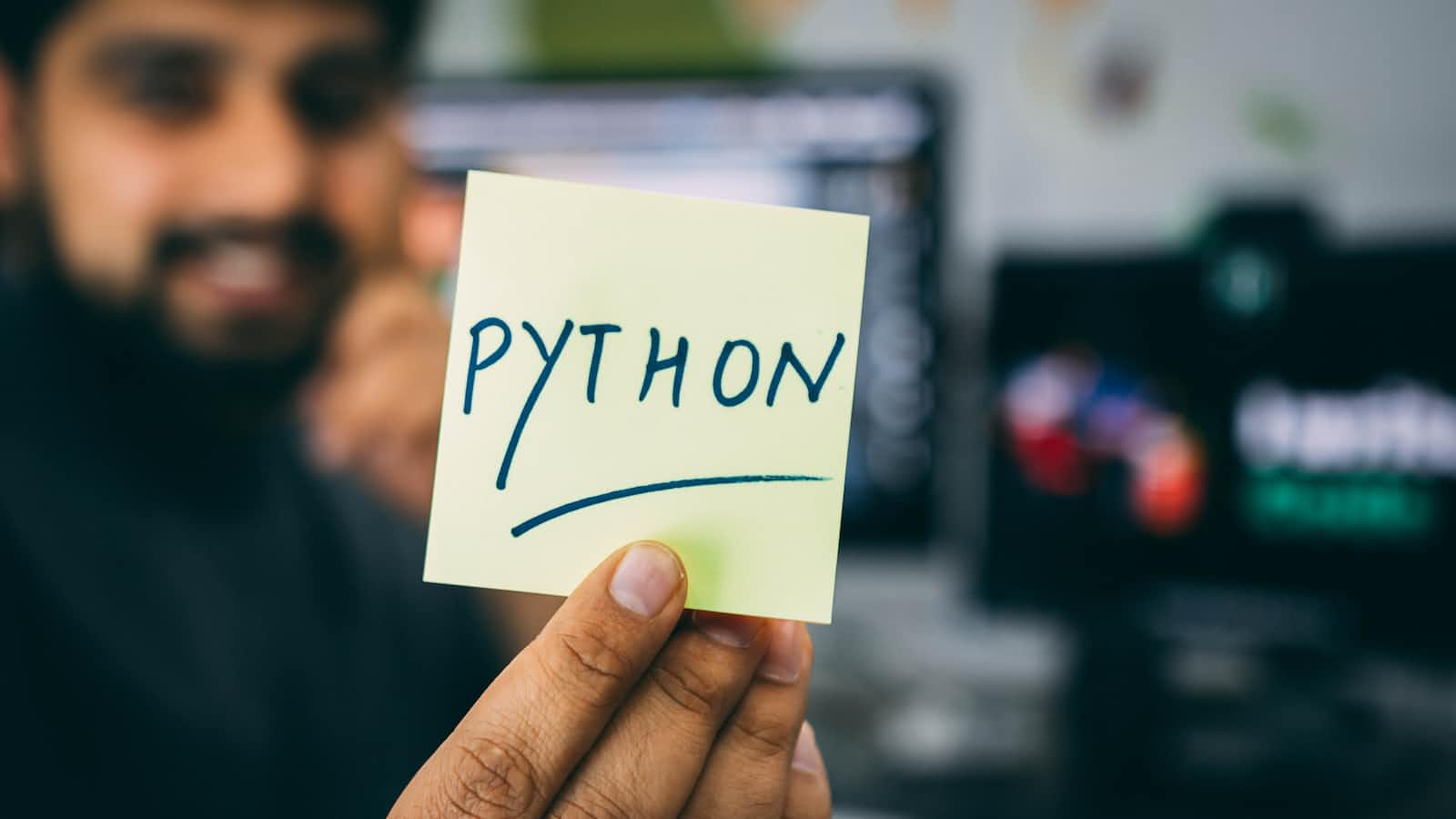Why python is considered the best programming language for beginners?
 Suryanshu Tiwari
Suryanshu Tiwari
Ladies and gentlemen gather 'round, for today, we embark on a whimsical journey into the enchanting world of programming. Our protagonist? The one, the only, the Python! Now, you might be wondering why Python, of all things, is hailed as the undisputed champion of the beginners' league in the kingdom of code. Well, grab your wands and wizard hats because it's time to unravel the mystical reasons behind Python's fame.
1. Python Speaks Our Language - Almost
Python, with its human-friendly syntax, is like the wizard who speaks your native tongue. It reads like plain English, making it easier for fledgling coders to grasp the basics without summoning spells of confusion.
# Hello World in Python
print("Hello, Muggles of the Coding Universe!")
2. Indentation Magic
In most realms of code, you'll find yourself dealing with fussy braces and semicolons. But Python scoffs at such petty details! It uses indentation to define code blocks. Forget about misplaced semicolons causing catastrophic bugs; Python encourages neatness and clarity. It's like coding poetry, where the whitespace matters, but not enough to start a family feud.
# Looping the Pythonic way
for i in range(5):
print("Counting:", i)
3. Works Everywhere
Python doesn't pick sides; it's like a universal language for computers. Whether you're using Windows, macOS, or Linux, Python's spells work everywhere without needing any special translation.
4. Magic Spells (Functions)
In Python, you can create your own magical spells called functions. These are like little scripts that perform a specific task when you call them. Think of them as potions that you mix once and can use anytime you need that magical effect.
# Creating a simple magic spell (function)
def greet(name):
return "Hello, " + name + "!"
# Using your spell
message = greet("Harry")
print(message)
5. Making Decisions (Conditional Magic)
With Python, you can make decisions in your code, just like choosing between different paths in a magical forest. You use "if" statements to create these choices.
# Making decisions with magic
age = 15
if age < 18:
print("You're too young for the Triwizard Tournament!")
else:
print("Welcome to the magical world of coding!")
6. Learning Potions (Learning Resources)
As a budding wizard, it's essential to have the right magical books (learning resources). Websites like Python.org, Codecademy, Coursera, FreeCodeCamp, etc offer a treasure trove of magical scrolls (tutorials and courses) to help you on your journey.
7. Practicing Your Spells (Coding Projects)
The best way to become a master of Python is to practice your spells by working on magical projects. Create games, build websites, or automate everyday tasks. The more you practice, the more powerful your coding skills will become.
So, dear apprentice, Python is like a magical wand that you can use to create spells of your own. You've learned some of the basic enchantments, but there's so much more to explore in this mystical land of coding. Keep learning, keep coding, and soon you'll be casting spells that can change the world! 🧙♂️🐍✨
Subscribe to my newsletter
Read articles from Suryanshu Tiwari directly inside your inbox. Subscribe to the newsletter, and don't miss out.
Written by
